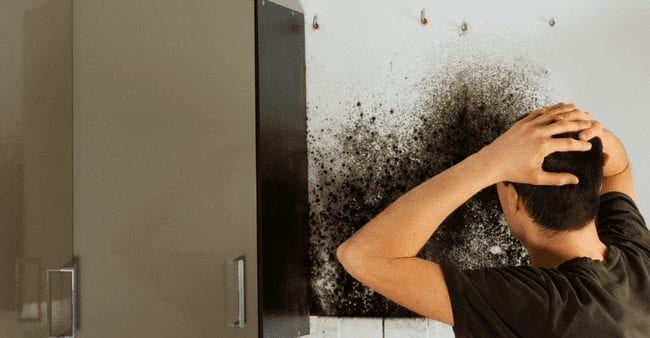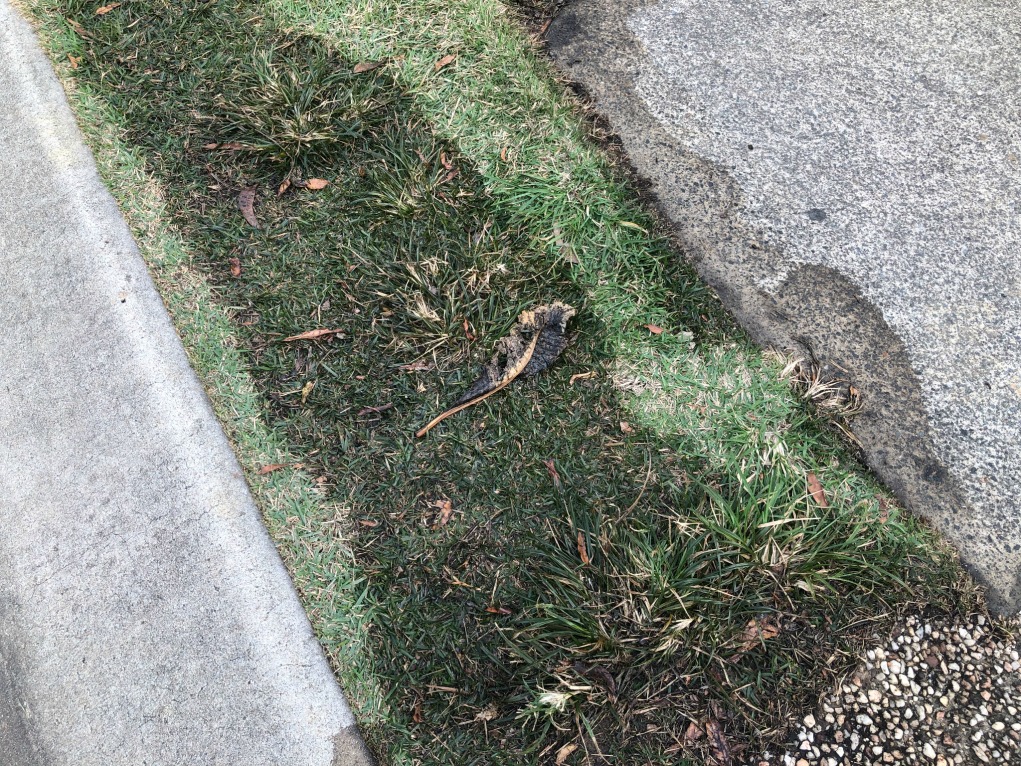Just how to Check If Your House Has a Covert Leakage
Just how to Check If Your House Has a Covert Leakage
Blog Article
Here down the page you'll find lots of excellent material involving Hacks to detect leaks.

Early detection of leaking water lines can mitigate a prospective catastrophe. Some small water leaks might not be visible.
1. Check Out the Water Meter
Every residence has a water meter. Inspecting it is a proven way that aids you discover leaks. For starters, turn off all the water resources. Ensure nobody will purge, use the tap, shower, run the cleaning device or dish washer. From there, go to the meter and also watch if it will certainly change. Since nobody is utilizing it, there need to be no movements. If it moves, that suggests a fast-moving leakage. Also, if you discover no changes, wait a hr or two as well as inspect back once more. This implies you might have a slow-moving leak that might also be underground.
2. Check Water Intake
If you find sudden changes, despite your consumption being the same, it suggests that you have leakages in your plumbing system. A sudden spike in your costs indicates a fast-moving leakage.
On the other hand, a consistent rise monthly, despite the same behaviors, reveals you have a sluggish leakage that's likewise gradually escalating. Call a plumber to thoroughly examine your building, especially if you really feel a cozy area on your flooring with piping below.
3. Do a Food Coloring Test
When it pertains to water usage, 30% originates from toilets. Test to see if they are running effectively. Decrease specks of food shade in the storage tank and also wait 10 minutes. If the shade in some way infiltrates your dish during that time without flushing, there's a leakage in between the container and dish.
4. Asses Outside Lines
Don't neglect to inspect your outside water lines also. Examination faucets by attaching a yard hose pipe. Must water permeate out of the connection, you have a loosened rubber gasket. Change this and make certain all links are limited. If you have actually got an automatic sprinkler, it will assist get it properly examined and also kept every year. One small leak can lose tons of water as well as surge your water costs.
5. Inspect as well as Assess the Situation
Property owners need to make it a routine to inspect under the sink counters as well as also inside cabinets for any bad odor or mold and mildew development. These two warnings suggest a leak so punctual interest is called for. Doing routine examinations, also bi-annually, can conserve you from a major problem.
A lot more notably, if you understand your home is currently old, keep a watchful eye on your heating systems, pipes, pipelines etc. Look for stainings as well as damaging as many pipelines and also home appliances have a life span. They will likewise naturally deteriorate because of tear and use. If you suspect leaking water lines in your plumbing system, don't wait for it to rise. Call an expert plumber as soon as possible so you don't end up with an awful mess in your house.
Early discovery of leaking water lines can alleviate a possible catastrophe. Some little water leaks may not be noticeable. Examining it is a proven means that assists you uncover leaks. One little leak can lose loads of water and spike your water costs.
If you presume leaking water lines in your plumbing system, don't wait for it to rise.
How to Know If Your Home Has a Hidden Leak
Water Meter Reveals Inexplicable Water Usage
If you’d like to test whether or not there’s a leak somewhere in your home, you can do this using your water meter. Here is how to conduct the test:
Don’t use any water in your home for at least 30 minutes; this also means not turning on faucets or water-using appliances.
Go outside, and check your water meter for activity.
If your water meter shows that there was activity, even though no one was using any water, this proves that there is a leak in your home.Visible Mold or Mildew Growth
Leaks behind walls create moist, dark environments that allow mold and mildew to grow and thrive. Eventually, you might see mold growth forming on the wall closest to a hidden leak.
If mold is growing in an area that receives a high amount of moisture, such as a bathroom, it may simply be an indication that better ventilation is needed. However, if you see mold growth on a wall or the ceiling in an area where you would not expect, you probably have a hidden leak.
Musty, Mildew Odor
Sometimes you might not be able to see the mold or mildew that is growing as a result of a leak. However, the smell can give the problem away just as easily. If you catch a whiff of something musty, there’s a good chance that old water is collecting somewhere in your home that you can’t see.
Stained/Warped Walls, Ceilings, or Floors
When your home soaks up water, a variety of red flags can become visible, including ceiling stains, bubbling drywall, warped walls, and sagging floors. While these issues can be caused by excess humidity, they can also be signs that a pipe or plumbing connection has started leaking behind your walls.
Inexplicably High Water Bill
After a while, you get a general sense for what your water bill should be. If you own a pool or sprinkler system, your bill will tend to be higher during summer. However, if you receive a water bill that seems especially high, and you can’t figure out what caused it, then you may have a hidden leak somewhere that’s increasing your bill.
https://www.plumbingjoint.com/blog/2019/july/how-to-know-if-your-home-has-a-hidden-leak/

We are very taken with Locating water leaks and I'm hoping you liked the entire blog posting. Are you aware of another person who is curious about the niche? Please feel free to promote it. I love reading our article about Hacks to detect leaks.
Report this page